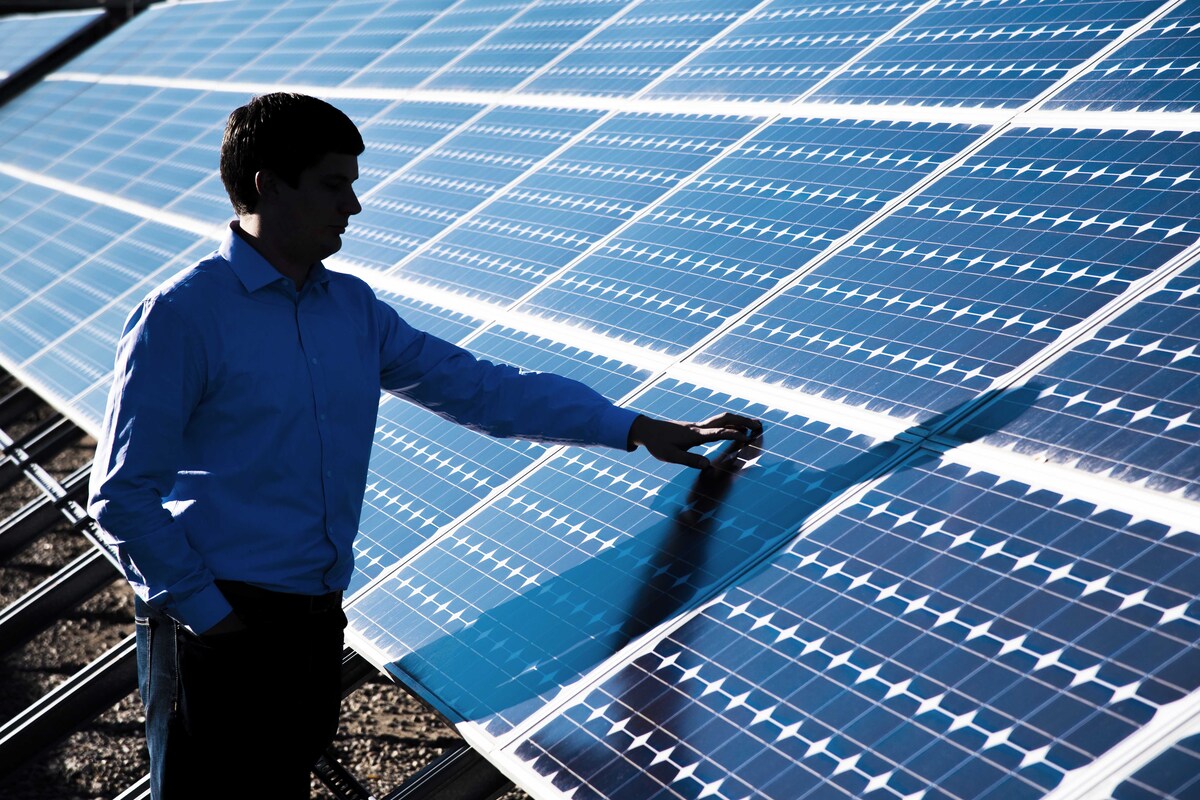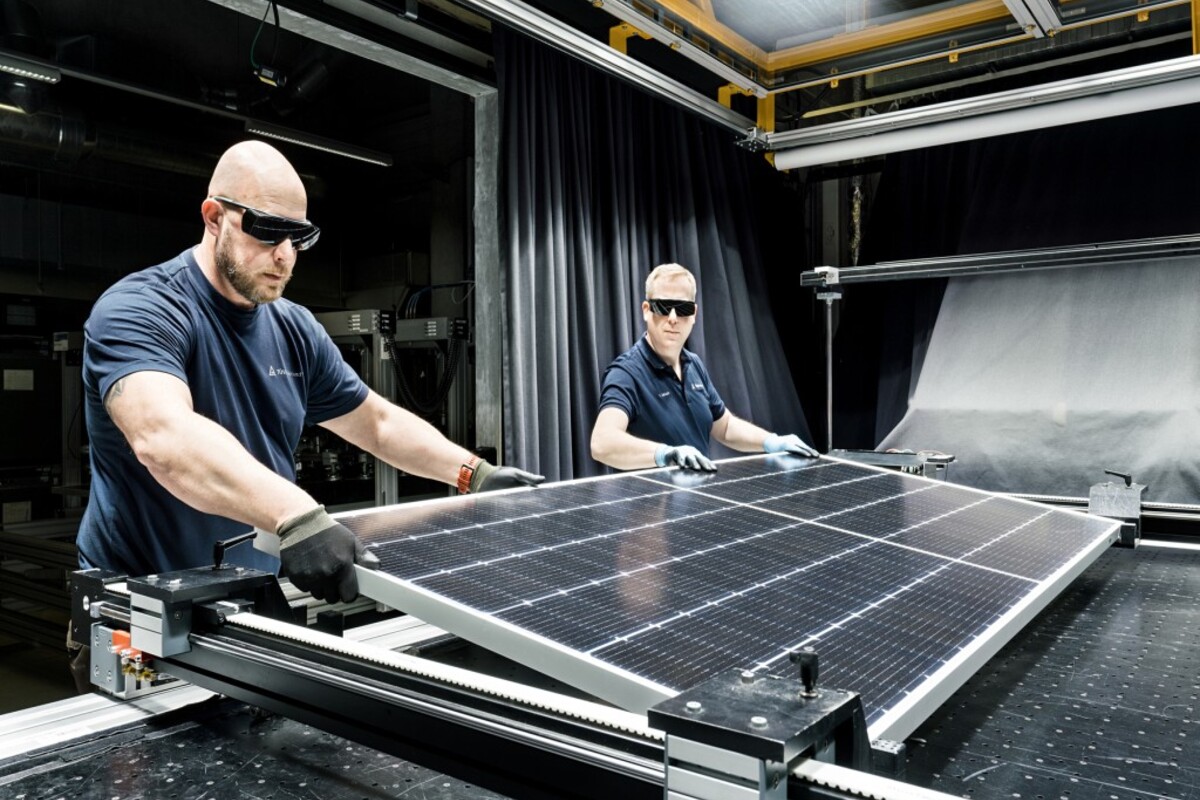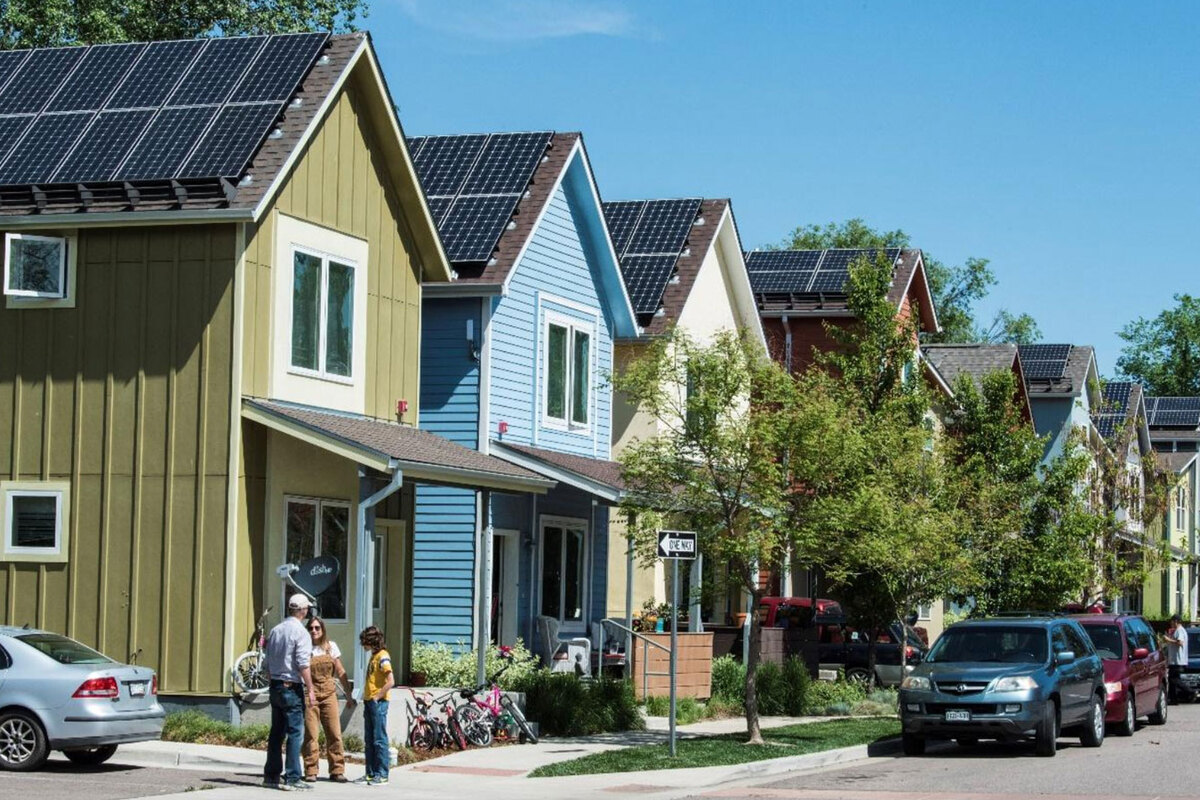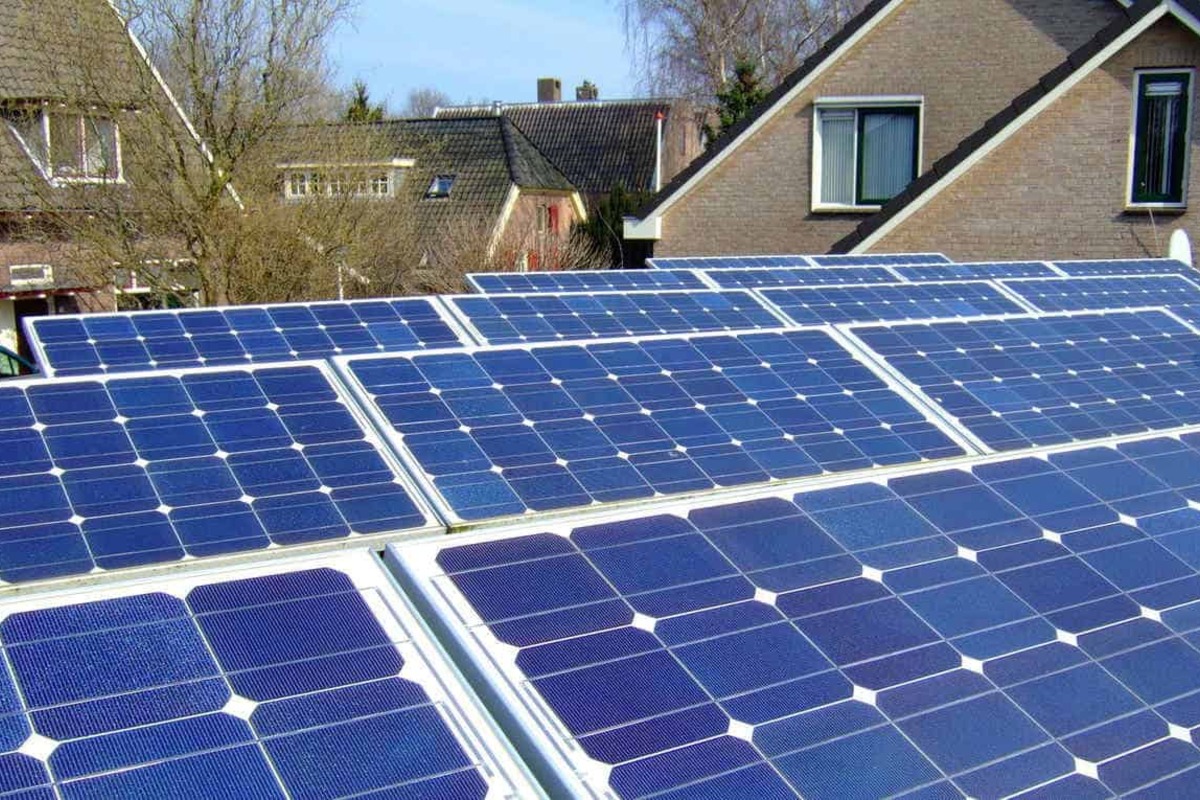The rising popularity of solar technology has led both large corporations and individual consumers to embrace solar power for commercial facilities and homes worldwide. While the renewable and environmentally friendly nature of solar energy is a significant incentive, there are various factors to weigh when contemplating a transition to a solar system.
Despite the streamlined installation process offered by top solar companies, the journey involves intricate steps and numerous considerations.
In this guide, we’ll detail the pros and cons of solar energy to provide you with insights to help you determine its viability as a sustainable option for your needs.
Pros
Solar energy offers the following benefits as a renewable energy source that can positively impact homes and businesses:
- Renewable Energy Source – Solar power reduces reliance on dwindling fossil fuels and minimizes harmful emissions, contributing to a cleaner environment.
- Reduces Electric Bill – Switching to solar power can significantly lower monthly electricity bills, providing long-term savings as power prices rise.
- Energy Independence – Solar-powered homes can function off-grid, especially with battery systems for backup during non-daylight hours and power outages.
- Increased Home Values – Solar panels enhance property value by saving on energy costs, making homes more appealing and commanding higher selling prices.
- Long-Term Savings – While initial setup costs are substantial, the investment is offset by eventual energy savings, with a typical break-even period of 6 to 10 years.
- Low-Maintenance Costs – Solar systems require minimal upkeep if kept clean. Professional service and annual cleaning are available, often covered by warranties.
- Environmental Benefits – Solar energy reduces carbon footprint and contributes to combating climate change by reducing greenhouse gas emissions.
- Government Incentives – Many regions offer incentives like tax credits, rebates, and net metering programs, making solar installations more affordable.
- Job Creation – The solar industry creates jobs in manufacturing, installation, maintenance, and research, contributing to economic growth.
- Technological Advancements – Ongoing innovations in solar technology continue to improve efficiency, affordability, and accessibility.
Cons
Despite its advantages, solar energy also has some drawbacks to consider:
- High Initial Cost – Solar installations require a significant upfront investment. The average cost for a complete residential setup is around $18,000 before incentives and tax credits.
- Sunlight Dependency – Solar panels rely on sunlight to generate power, which can be challenging in areas with limited sun exposure or adverse weather conditions. Solar batteries can help store excess energy to mitigate this issue.
- Installation Complexity – While some aspects of installation are straightforward, the process can become complex. Electrical work and tying panels into the home’s system require expertise and should be done by professionals.
- Space Constraints – Solar panels and wiring occupy space. In densely populated or space-limited areas, finding sufficient and adequately exposed space for panels can be challenging.
- Solar Energy Storage Costs – Storing excess solar energy with batteries is crucial. However, solar battery costs vary widely. A single lead-acid battery can range from $200 to $800, while residential lithium-ion systems can cost $7,000 to $14,000.
- Intermittent Energy Production – Solar energy production is intermittent, with peak generation during daylight hours. Nighttime and cloudy conditions reduce energy production, requiring effective energy storage solutions.
- Aesthetic Impact – Solar panels alter a property’s appearance. While advancements are being made in design and integration, aesthetics can still be a concern for some homeowners.
- Initial Payback Period – Despite long-term savings, the initial payback period for the investment can take years. Homeowners who plan to move within a short time may not fully benefit from the savings.
- Regulatory and Permitting Challenges – Obtaining permits and complying with regulations can be time-consuming and add to the complexity of solar installation.
- Maintenance and Repairs – While solar panels have low maintenance requirements, occasional repairs or maintenance can be needed, impacting energy generation.
Considering these pros and cons, along with individual circumstances and goals, will help you make an informed decision about whether solar energy is a suitable and viable option for your home or business.





